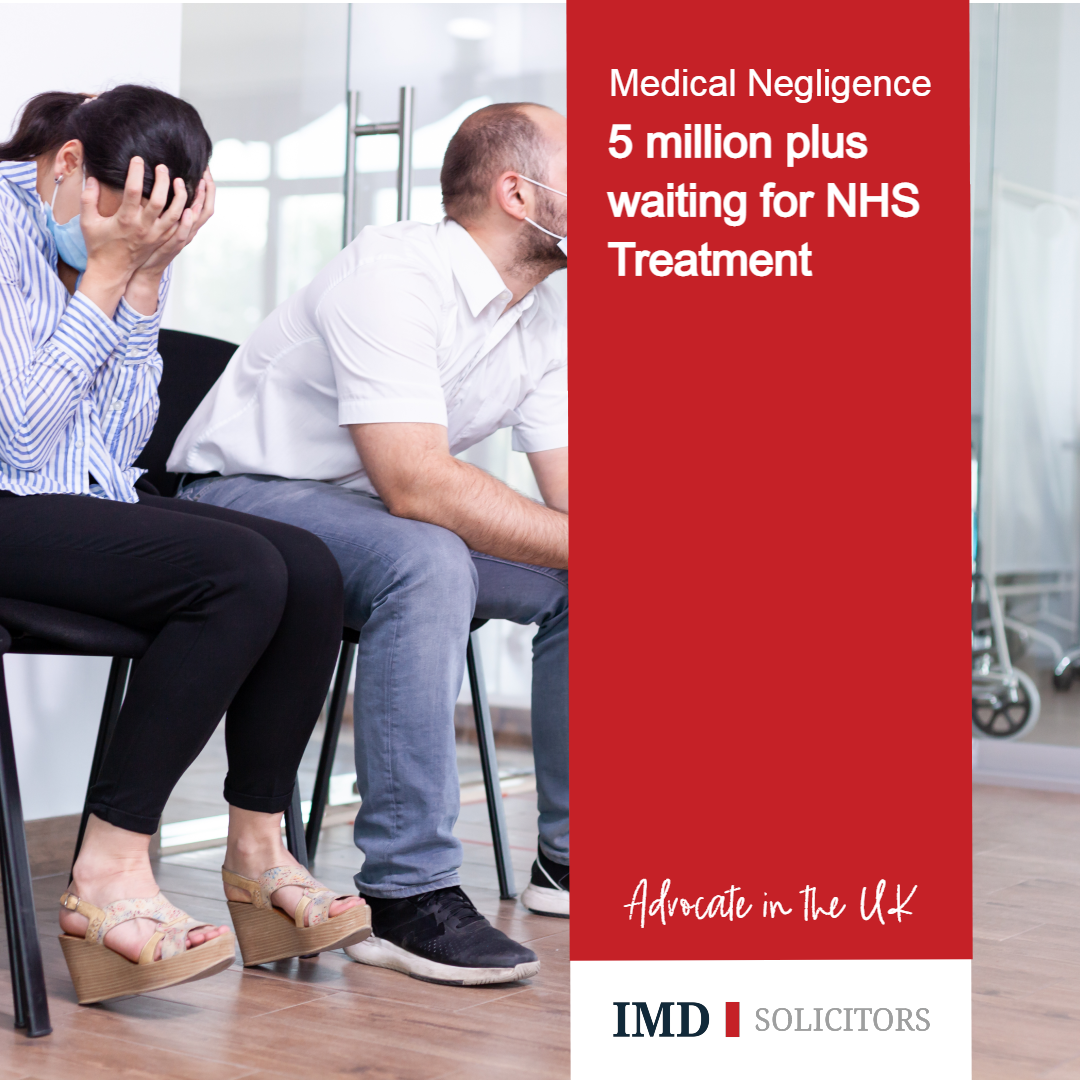
News that NHS waiting lists are now over 5 million in England will cause many heartache and worry, and this includes patients, the families and the medical professionals who want to treat their patients but cannot.
The NHS waiting list numbers are data but it does give us a chance to reflect on the impact of the pandemic on our health care system, and whether the impact could have been not as severe.
Behind each statistic is a patient and a family waiting for a call to go to hospital to have a much needed say hip replacement operation or a knee surgery. Behind each statistic are real lives. If their procedure was meant to happen a year ago, we just have to imagine what toll this must be having on their emotional, physical and overall wellbeing.
Those waiting will find their pain has increased and those who will operate on them will find the patient’s condition has probably deteriorated even further. What this means is a compromised and a less beneficial outcome for the patient who needs the procedure and doctors feeling helpless as they want to do more.
Waiting lists and the number of people waiting for NHS procedures for longer than a year will vary from region to region. As to how quickly the waiting list can be brought down by the NHS depends on the resources and pressures affecting each NHS hospital trust. This is no comfort to the patients thought most understand the pressures on the NHS.
Another factor amidst this would be the age of the population. Areas with a higher rate of older people like seaside town could have a longer NHS waiting list, which means for an older person, the longer they have to wait for a much needed hip operation, the more their mobility will be compromised. In addition they may even lose hope to keep fighting the pain.
In our work as Clinical Negligence practitioners what we see is not just clients who suffer from the physical impact of any delayed treatment but also the emotional and psychological impact on them and those caring for them.
Being in pain which gradually gets worse and not knowing when they might have the operation can leave the patient in a constant cycle of pain leaving them hopeless and in some cases depressed. We have heard of people being called to hospital to have a procedure and then being sent back home without the procedure because the hospital could not find an ICU bed for them.
Even a minor procedure like having a laryngoscopy can cause anxiety and worry, so we can only imagine what it must be like for someone whose mobility has been compromised when they cannot have their hip or knee replacement surgery.
No criticism is made against those providing care but a hard look is definitely needed by those looking at lessons learnt from the Covid-19 crisis as to whether the current NHS waiting list figures could have been halved or even reduced by say 10% if the NHS was in a more robust and ‘healthy’ state pre-pandemic.
Many questions arise such as was the NHS strong enough in the first place and did it have the appropriate resources, management and funding to withstand pressures of something so unexpected like the pandemic? Or, have we normalised waiting lists for treatment as acceptable?
The NHS is free at the point of use but it is not free as we are paying through taxation and National insurance to the state for our health care!
This article is for general information only and does not constitute legal or professional advice. Please note that the law may have changed since this article was published.